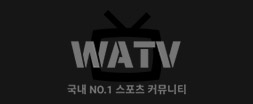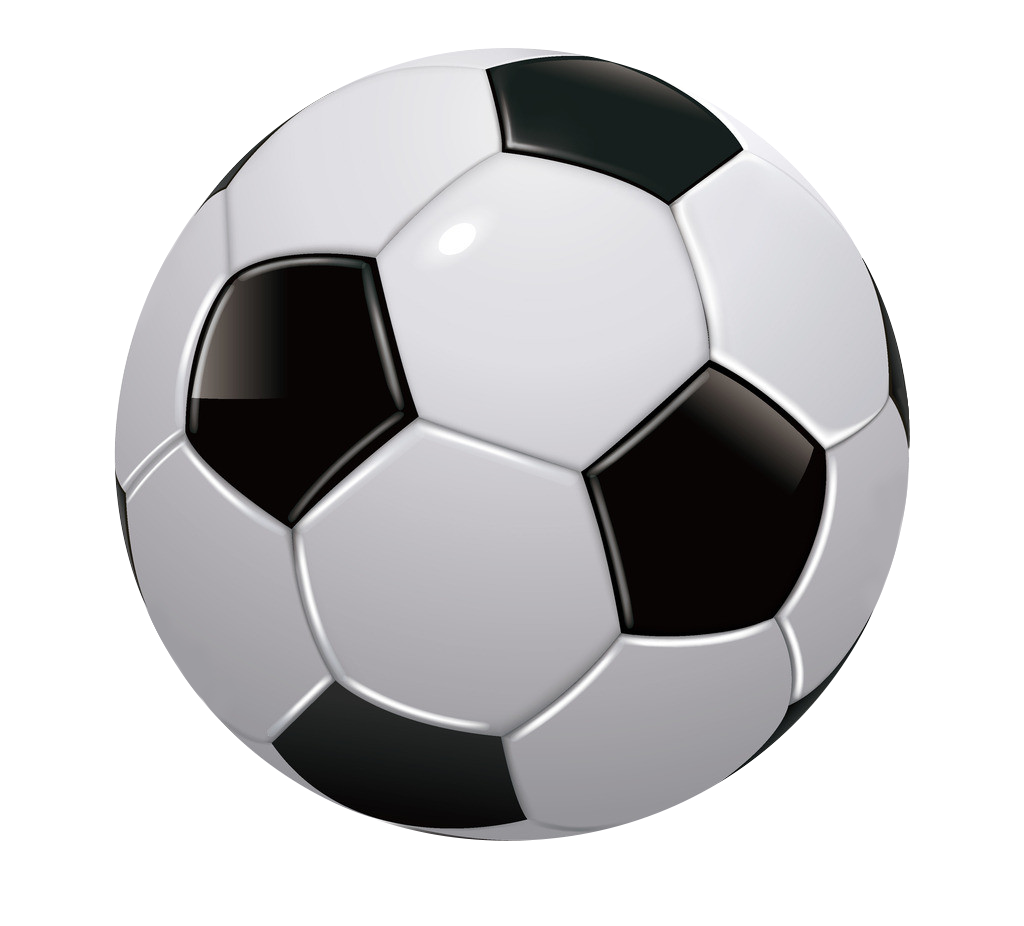N
뉴스
더보기

제휴문의 @spostar

제휴문의 @spostar

[스포츠뉴스]'There’s no better feeling': Cheerleader An Ji-hyun on making it to the big leagues and staying there
 온카뱅크관리자
온카뱅크관리자
 온카뱅크관리자
온카뱅크관리자
조회:
71
2025-04-02 16:40:00
댓글 총 0개
맨위로
업체홍보/구인
더보기
놀이터홍보
더보기
지식/노하우
더보기
판매의뢰
더보기
-
[제작판매]html5웹미니게임제작 해시게임제작 카드포커게임제작 스포츠토토 카지노 슬롯 에볼루션 토지노 솔루션분양임대재작
-
[제작판매]html5웹미니게임제작 해시게임제작 카드포커게임제작 스포츠토토 카지노 슬롯 에볼루션 토지노 솔루션분양임대재작
-
[제작판매]html5웹미니게임제작 해시게임제작 카드포커게임제작 스포츠토토 카지노 슬롯 에볼루션 토지노 솔루션분양임대재작
-
[제작판매]html5웹미니게임제작 해시게임제작 카드포커게임제작 스포츠토토 카지노 슬롯 에볼루션 토지노 솔루션분양임대재작
-
[제작판매]html5웹미니게임제작 해시게임제작 카드포커게임제작 스포츠토토 카지노 슬롯 에볼루션 토지노 솔루션분양임대재작
포토
더보기

 글쓰기
글쓰기




